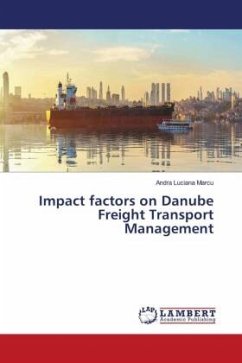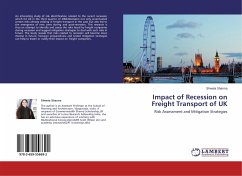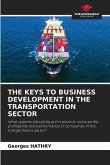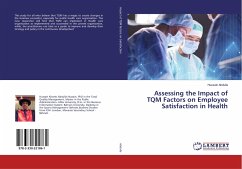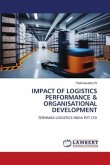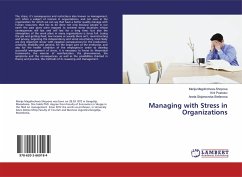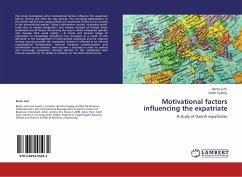Water transport is recognized worldwide as the cheapest and most environmentally friendly. At the same time, we must realize that its main disadvantage is the long time it takes for the goods to travel from the seller to the buyer. At the same time, the volumes of goods transported on inland waterways are also based on a series of macroeconomic indicators specific to the degree of development of each country of which the port in which the transport operations take place is a part.This book deals with the issues presented together, proposing a set of considerations and a research methodology that can be used in defining a harmonious relationship between macroeconomic indicators and the volumes of transited goods in the context of economic development. The main argument is that those essential regions in Europe near the Danube can benefit more due to their geographical position.

